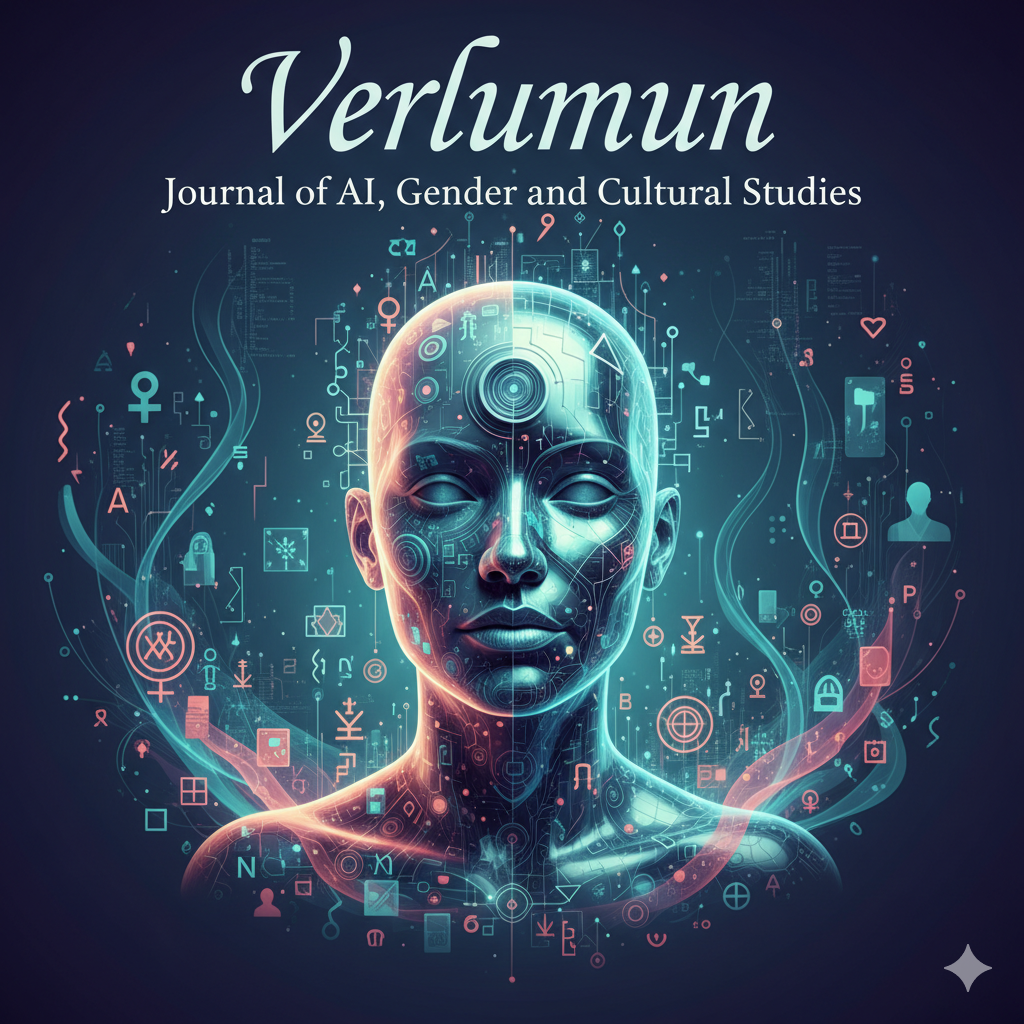Applying the Uses and Gratification Theory to AI: A Gender-Based Study of Nigerian University Students' Motivations for Utilising AI in Learning
Keywords:
Artificial Intelligence, Generative AI, Uses and Gratification Theory, Gender, Motivation, Undergraduates, NigeriaAbstract
Background: Artificial Intelligence (AI) tools, particularly generative AI, have rapidly integrated into higher education, significantly affecting learning practices and student behaviour. However, the specific motivations and contexts that drive the adoption of these powerful tools remain unclear, especially when considering demographic and cultural differences in developing countries like Nigeria.
Objective: This study aimed to determine the specific gratifications (motivations) that drive the utilisation of AI tools for academic purposes among university students in Nigeria, with a focus on analysing differences based on gender.
Methodology: The researcher utilised a quantitative, cross-sectional descriptive survey design grounded in the Uses and Gratification Theory (UGT). The target population was university students in Nigeria who actively use AI tools for learning. The sample consisted of 300 undergraduates who were also users of AI tools. A structured questionnaire served as the instrument for data collection, and the data were analysed using descriptive statistics and independent samples t-tests to test four hypotheses regarding gender influence.
Results: The study found that most respondents reported a high extent of AI tool utilisation (76.6%), with ChatGPT being the most utilised platform. Statistical testing revealed a significant gender difference in utilisation and motivation (p < 0.01). Male undergraduates reported significantly higher gratification for Task Efficiency and Problem-Solving (p < 0.001), while female undergraduates reported significantly higher gratification for Academic Support and Stress Reduction (p < 0.001). Furthermore, gratifications sought were strongly and positively correlated with perceived utility (r = 0.76).
Conclusion: It was concluded that the utilisation of AI tools is a goal-directed behaviour driven by a hierarchy of specific gratifications, and that a student’s gender is a significant factor in shaping both their frequency of use and the dominant benefits they seek. The findings validate UGT's application to AI and reveal a gendered motivation profile.
Downloads
Published
Issue
Section
License
Copyright (c) 2025 Chukwuebuka Nicholas Okpala (Author)

This work is licensed under a Creative Commons Attribution-NonCommercial 4.0 International License.

